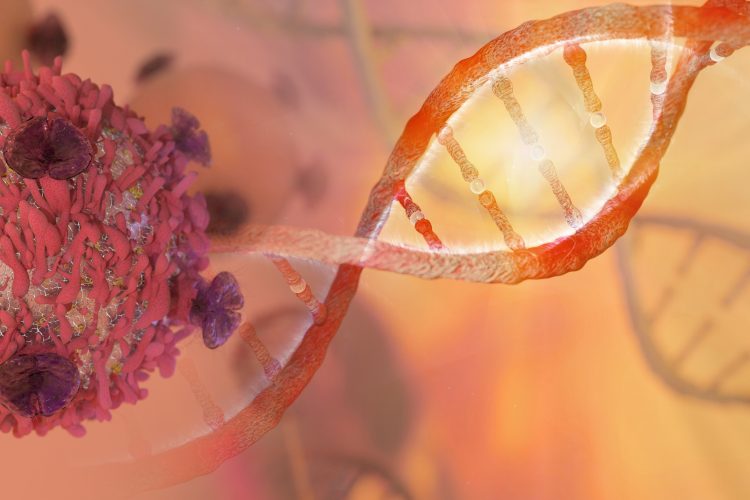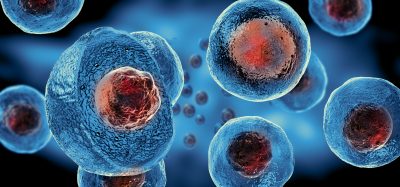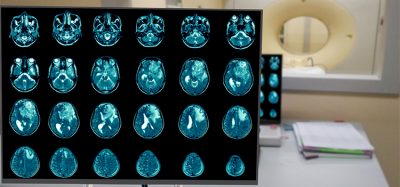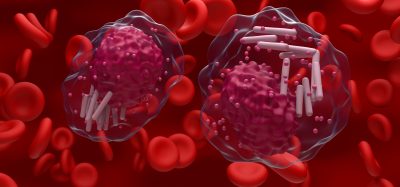APOBEC3B genetic mutation signatures could be used to target cancers
Posted: 10 February 2020 | Hannah Balfour (Drug Target Review) | No comments yet
An innovative new vaccine technique, which sensitises the immune system to the genetic signature of APOBEC mutations (often found in cancers), increases the efficacy of immunotherapies.


Researchers have found that enhancing cancer cell mutation using APOBEC3B and then creating a personalised vaccine with the resulting mutated cells, amplified the effects of a checkpoint inhibitor immunotherapy. The researchers hope to take the vaccine technique into clinical trials for paediatric brain tumours within the next year.
International collaboration identified that APOBEC3B’s role in driving cancer evolution can be used to create vaccines that can boost the immune response. APOBEC is frequently hijacked by cancer in the body to cause rapid mutation, allowing the development of drug resistance.
The collaborators now intend to complete further pre-clinical research, with the aim of translating the vaccine technique into humans.”
First the researchers showed that when APOBEC3B edits the DNA of cells, it leaves genetic ‘signatures’ that could be recognised by the immune system. When they ran genetic analysis, there were more than a million mutations in cells expressing APOBEC3B, compared with control cells. Of these, 68,000 had the APOBEC3B signature, which could be targeted by immune checkpoint blockade, an immunotherapy strategy.
Due to the risk of APOBEC3B driving cancer evolution and drug resistance, the team decided not to give APOBEC3B directly to tumours, instead they created a vaccine using the genetic signature left behind. The resultant vaccine is personalised to the genetic profile of a patient’s specific tumour.
To test the vaccine, they treated mice with melanoma and brain cancers. When combined with a checkpoint inhibitor immunotherapy, the researchers said the cancer was cured.
The collaborators now intend to complete further pre-clinical research, with the aim of translating the vaccine technique into humans. They hope to set up clinical trials for paediatric brain tumours within the next year.
Study author Alan Melcher, Professor of Translational Immunotherapy at The Institute of Cancer Research (ICR), London, said: “Our new study rather paradoxically takes advantage of a mechanism used by cancers to rapidly evolve and become resistant to chemotherapy, and instead makes them much more vulnerable to the effects of immunotherapy.
“We have supercharged genetic changes in cancer in order to create cancer vaccines, which are tailored to the genetic code of these tumours, and can boost the immune response against them.
“By combining our vaccines with checkpoint inhibitor chemotherapy, we’ve shown in mice that it is possible to cure tumours in a variety of locations, including the brain. Our new approach has the potential to be effective against cancers that do not currently respond to treatment, and we are keen to take it into clinical trials as soon as possible.”
The ICR is currently creating a new £75 million Centre for Cancer Drug Discovery to study molecules like APOBEC3B, with the aim of creating new cancer treatments able to overcome cancer evolution and drug resistance.
The study was published in Nature Communications.
Related topics
Drug Development, Immuno-oncology, Immunotherapy, Therapeutics, Vaccine
Related conditions
Brain tumours, Cancer, Melanoma
Related organisations
The Institute of Cancer Research (ICR)
Related people
Alan Melcher








